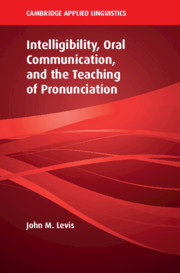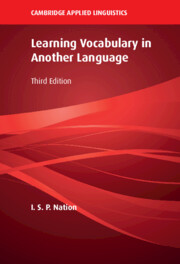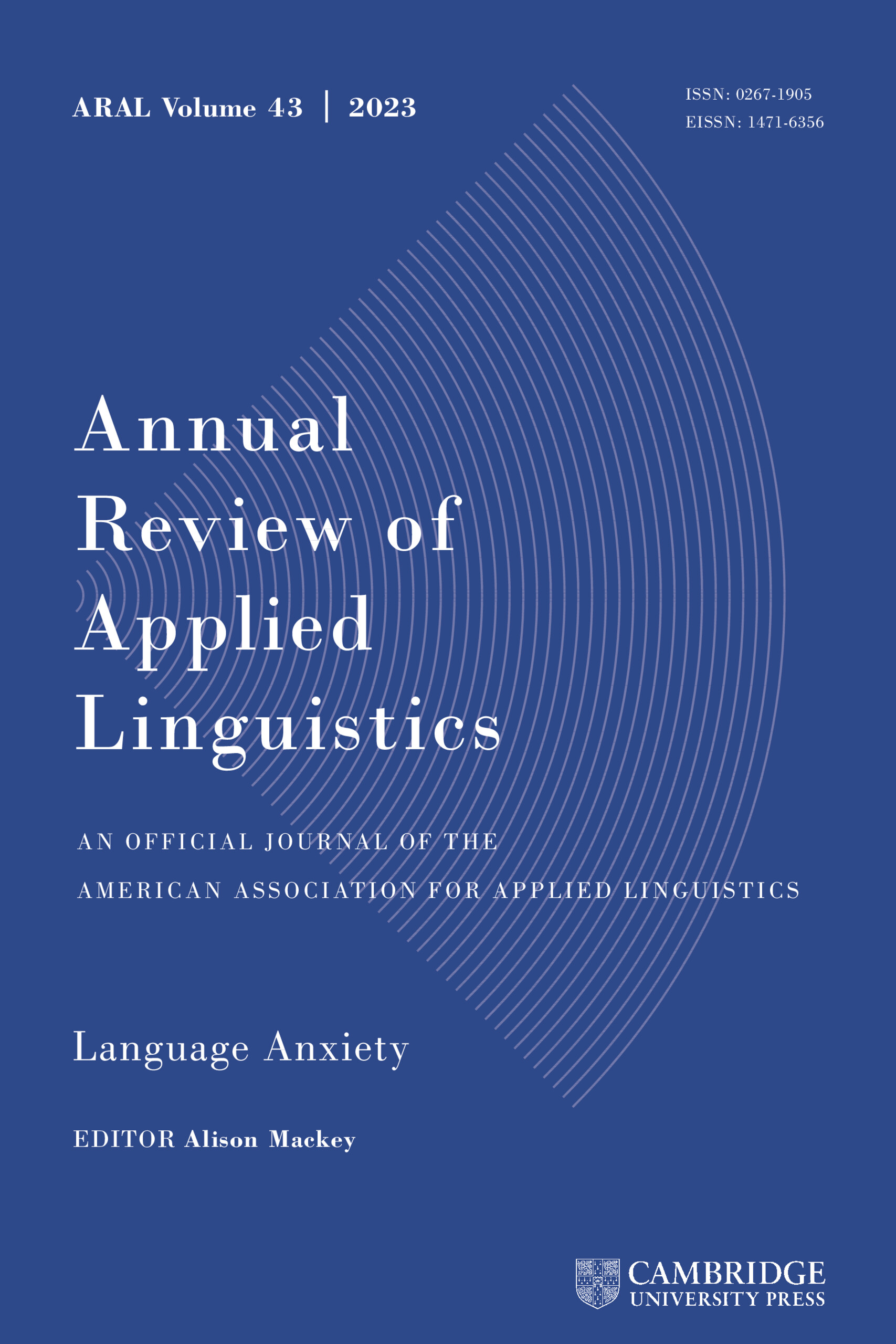Intelligibility, Oral Communication, and the Teaching of Pronunciation
$38.99 ( ) USD
Part of Cambridge Applied Linguistics
- Author: John M. Levis, Iowa State University
- Date Published: September 2018
- availability: This ISBN is for an eBook version which is distributed on our behalf by a third party.
- format: Adobe eBook Reader
- isbn: 9781108271080
Find out more about Cambridge eBooks
$
38.99 USD
( )
Adobe eBook Reader
Other available formats:
Paperback, Hardback
Looking for an examination copy?
If you are interested in the title for your course we can consider offering an examination copy. To register your interest please contact [email protected] providing details of the course you are teaching.
-
A proper understanding of intelligibility is at the heart of effective pronunciation teaching, and with it, successful teaching of speaking and listening. Far from being an optional 'add-it-on-if-we-have-time' language feature, pronunciation is essential because of its tremendous impact on speech intelligibility. Pronunciation dramatically affects the ability of language learners to make themselves understood and to understand the speech of others. But not all elements of pronunciation are equally important. Some affect intelligibility a great deal, while others do not. With a strong emphasis on classroom practice and how pronunciation teaching can be more effectively approached in different teaching contexts, this book provides an important resource for pronunciation researchers, with a distinctly practical focus. It shows how intelligibility research informs pronunciation teaching within communicative classrooms, enabling language teachers to incorporate intelligibility findings into their teaching. Professionals interested in oral communication, pronunciation, and speech perception will find the book fascinating.
Read more- The book will inspire teachers who have not seen how intelligibility research can be practically used in the classroom
- Demonstrates innovative approaches to pronunciation teaching principles and practices
- Explains why certain pronunciation features should and should not be taught
Reviews & endorsements
‘A superb, timely, user-friendly contribution synthesizing knowledge and advancing practical guidelines on the burning question of the linguistic factors to target to promote intelligibility. Highly recommended for all educational practitioners concerned with enhancing learners' spoken English interactions, including as a core resource for teacher training.' Talia Isaacs, University College London
Customer reviews
Not yet reviewed
Be the first to review
Review was not posted due to profanity
×Product details
- Date Published: September 2018
- format: Adobe eBook Reader
- isbn: 9781108271080
- contains: 15 b/w illus. 18 tables
- availability: This ISBN is for an eBook version which is distributed on our behalf by a third party.
Table of Contents
Part I. A Framework for the Teaching of Spoken Language:
1. Intelligibility, comprehensibility and spoken language
2. Setting priorities: what teachers and researchers say
Part II. Word-Based Errors and Intelligibility:
3. Segmentals and intelligibility
4. Consonant clusters and intelligibility
5. Word stress and intelligibility
Part III. Discourse-Based Errors and Intelligibility:
6. Rhythm and intelligibility
7. Intonation and intelligibility: the roles of prominence and tune
Part IV. Teaching and Research Approaches to Intelligibility:
8. Teaching for intelligibility: guidelines for setting priorities
9. The intelligibility-based classroom
10. What should and should not be taught – an intelligibility-based approach.
Sorry, this resource is locked
Please register or sign in to request access. If you are having problems accessing these resources please email [email protected]
Register Sign in» Proceed
You are now leaving the Cambridge University Press website. Your eBook purchase and download will be completed by our partner www.ebooks.com. Please see the permission section of the www.ebooks.com catalogue page for details of the print & copy limits on our eBooks.
Continue ×Are you sure you want to delete your account?
This cannot be undone.
Thank you for your feedback which will help us improve our service.
If you requested a response, we will make sure to get back to you shortly.
×










